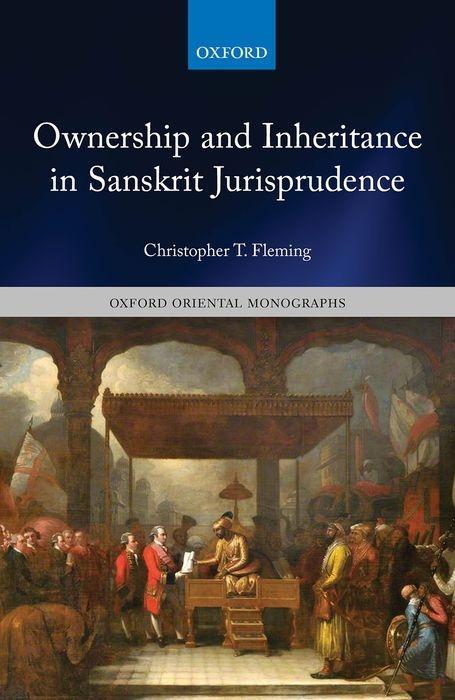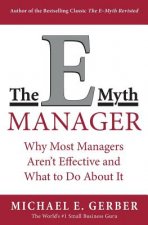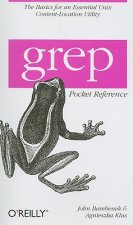
Dostawa
Doradca ds. zakupów
16 131 539 książek w 175 językach







Pokaż wszystkie języki (175)





Jednak się nie przyda? Nic nie szkodzi! U nas możesz zwrócić towar do 30 dni
 Bon prezentowy
O dowolnej wartości
Bon prezentowy
O dowolnej wartości
Bon prezentowy to zawsze dobry pomysł. Obdarowany może za bon prezentowy wybrać cokolwiek z naszej oferty.
Ownership and Inheritance in Sanskrit Jurisprudence
 Angielski
Angielski
 308 b
308 b
30 dni na zwrot towaru
Mogłoby Cię także zainteresować


Ownership and Inheritance in Sanskrit Jurisprudence provides an account of various theories of ownership (svatva) and inheritance (dāya) in Sanskrit jurisprudential literature (Dharmaśāstra). It examines the evolution of different juridical models of inheritance—in which families held property in trusts or in tenancies-in-common—against the backdrop of related developments in the philosophical understanding of ownership in the Sanskrit text-traditions of hermeneutics (Mīmāṃsā) and logic (Nyāya) respectively. Christopher T. Fleming reconstructs medieval Sanskrit theories of property and traces the emergence of various competing schools of Sanskrit jurisprudence during the early modern period (roughly fifteenth-nineteenth centuries) in Bihar, Bengal, and Varanasi. Fleming attends to the ways in which ideas from these schools of jurisprudence shaped the codification of Anglo-Hindu personal law by administrators of the British East India Company during the late eighteenth and early nineteenth centuries. While acknowledging the limitations of colonial conceptions of Dharmaśāstra as positive law, this study argues for far greater continuity between pre-colonial and colonial Sanskrit jurisprudence than accepted previously. It charts the transformation of the Hindu law of inheritance—through precedent and statute—over the late nineteenth, twentieth, and early twenty-first centuries.
Informacje o książce
 Angielski
Angielski
Kategoria




 Jak kupować
Jak kupować





























